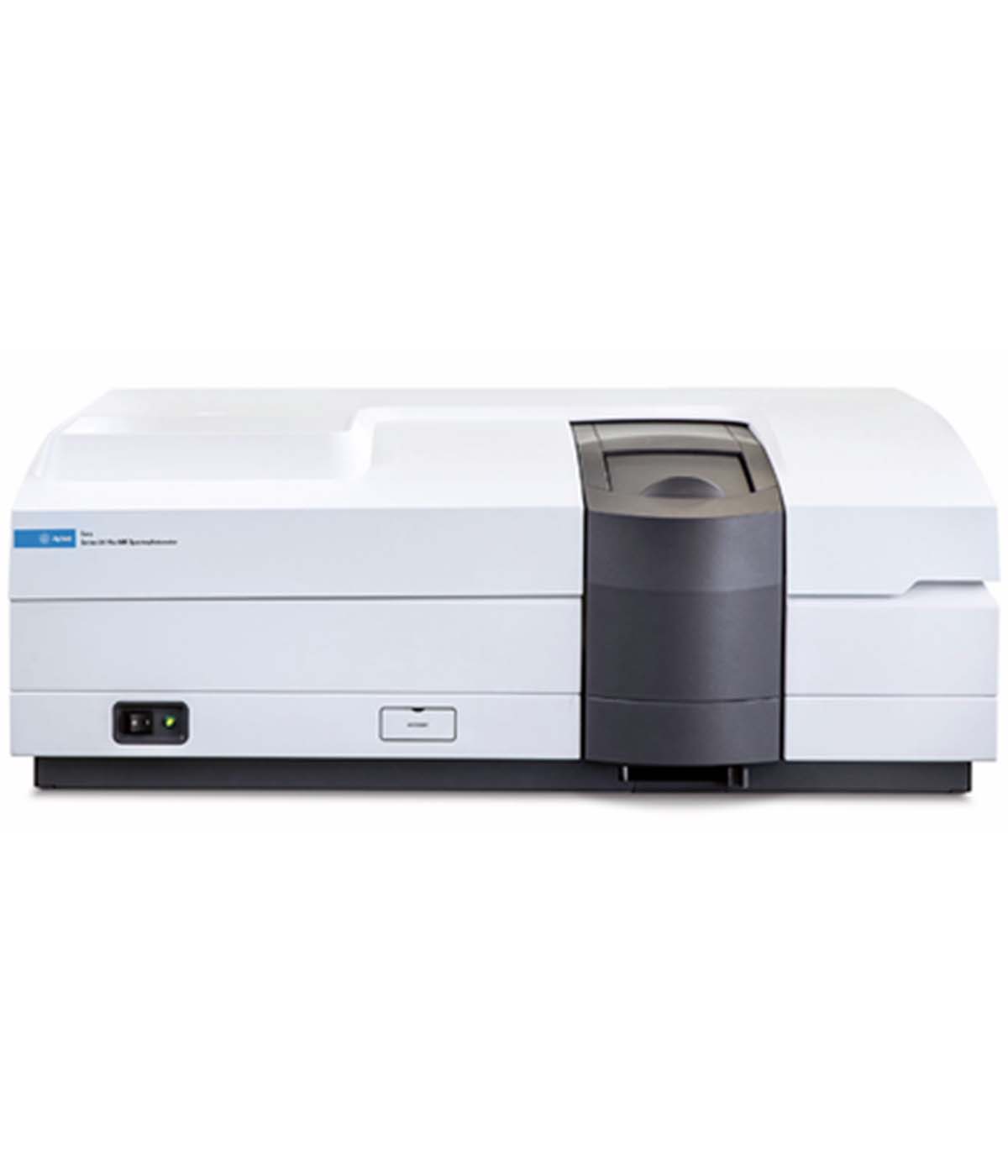
Thermal Expansion Coefficient Tester TEC
Instrument Type:
N.A.
Analytical Program:
Thermal expansion coefficient measurement -- Contact us for quotation

Instrument Type:
N.A.
Analytical Program:
Thermal expansion coefficient measurement -- Contact us for quotation
Thermal dilatometer is used to measure the expansion and contraction performance of metal materials, ceramics, glass, glaze, refractory materials and other non-metallic materials in the process of hot roasting. The computer automatically calculates the coefficient of expansion, the coefficient of volume expansion, the linear expansion amount, the rapid thermal expansion.
 porosity and density and (b) thermal expansion coefficient and flexural strength.png)
Along the thickness direction, the length is 6-10mm, the width is 6-10mm, and the thickness is 1-4mmMulti-directional: length 6~10mm, width 6~10mm, thickness 6~10mm.
Single direction: length 20~50mm, width 5~8mm, thickness 20~200um.
Multi-directional: length 20-50mm, width 20-50mm, thickness 20-200um.



